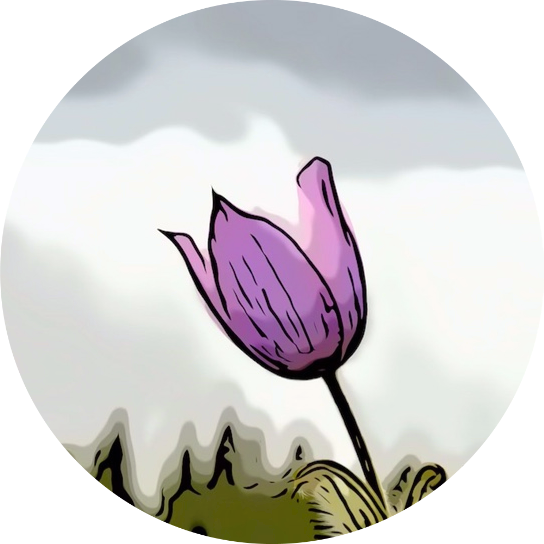What is grief?
It is not a result of weakness or moral failing, and it is not pathological or indicative of mental illness. It’s part of being human; we grieve because we are hardwired for relationship and we long for things to be better. Your feelings are normal and natural, even if they are uncomfortable. The problem is that many of us have been socialized to believe that these feelings are abnormal and unnatural, so we are ill-prepared to process or recover from the pain of loss or change.
All losses must be grieved to varying extents.
Maybe you have sailed through a loss with relative ease, only to find that a sudden change elicits a strong response that surprises you.
It could be that your losses have accumulated, and you have some emotional work to do.

Common types of loss
Loss of a relationship, through death, divorce, a break-up, estrangement, or change in a role
Transition
Loss of health
Infertility or Miscarriage
Moving
Loss of safety
Loss of trust
Transition
Loss of faith
Job loss
Pet loss
Coping with aging
COVID experience
Retirement
Is it grief I’ve been feeling?
Our bodies, minds, hearts, and spirits are all interconnected, so when we feel grief, we often experience in our whole being. It’s more than an emotion. Here are how some describe their experience with grief:
EMOTIONALLY
Crushed
Unable to find joy
Sorrowful
Conflicted: angry, relieved, guilty
Brokenhearted
Hopeless
Detached
PHYSICALLY
Drained & fatigued
Listless
Achy all over
Weighed down
Numb
“Outside oneself”
Amped or agitated
MENTALLY
Stuck
Unproductive
Spinning your wheels
Replaying events in your mind
Searching to replace the loss
Ruminating about what could have been
SPIRITUALLY
Pessimistic about the future
Preoccupied with death and despair
Empty
Distant from God
Disconnected
Losing faith

A symbol of hope
The prairie crocus is a humble, resilient, early-blooming flower native to the Canadian prairies. As soon as the snow starts to melt in mid-April, I eagerly watch for them as they push up through the thawing ground, a welcome sign that the dormancy and decay of the winter season is giving way to the warmth of spring with all its promise of renewal. For me, the crocus is a symbol of recovery and hope.


